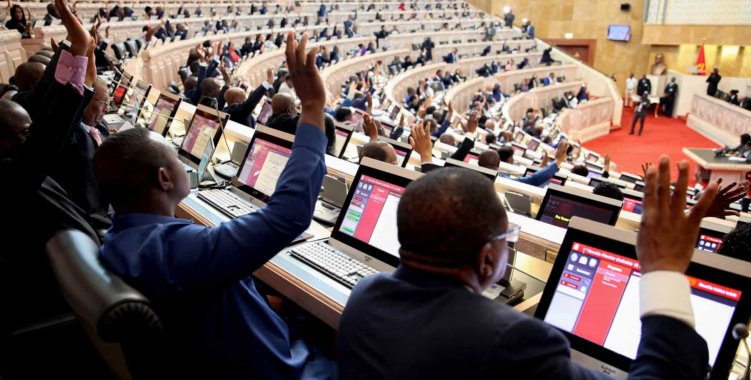In the presentation of the aforementioned bill, approved with 149 votes in favour, the Secretary of State for Municipalities, Márcio Daniel, said that those criminalized conduct, which, despite being socially intolerable, does not require a penalty, should be decriminalized.
"It is in particular the practices relating to the restriction of competition, offenses against public hygiene and health, environment, national economy, tax authorities, land use planning, public peace, security and tranquility, which make the legal regime for administrative offenses truly essential, as, by the way, have defended in unison the practitioners of the legal sciences", he said.
Márcio Daniel stressed that the legislation in force establishes the figure of the fine to sanction misconduct, which, due to its imminently pecuniary nature, started to be confused with the fine provided for in the Penal Code.
"It should be added that the lack of regulation of the modalities of administrative transgressions provided for by the aforementioned law and the inexistence of a correlative procedural regime have given rise, in practice, to the application of arbitrary, disproportionate and therefore illegal fines by the administrative authorities", he said.
According to Márcio Daniel, the proposed law makes a clear distinction between crime and administrative offense and between fine and fine.
During the vote declaration period, deputy Maria Luísa Andrade, from the parliamentary group of the National Union for the Total Independence of Angola (UNITA, opposition), said that the vote in favor had the understanding that the separation between crimes punishable with judicially enforced by the courts and offences, which are now applied by administrative authorities and punished with fines, will make life easier for citizens, who will see "their problems resolved more easily".
"Local or independent administrations will also begin to regulate conduct in their localities, taking into account the specificity of each region, thus allowing matters related to administrative offenses to be resolved locally," she said.
In this Thursday's plan, the Law on Insurance and Reinsurance Activity, the Law that Approves the Code of Administrative Procedure, the Law that Approves the Statute of the Recovery or Insolvency Administrator were also approved.
Also at Thursday's parliamentary session, the Draft Resolution was unanimously approved, approving the Accession of the Republic of Angola to the 2006 International Agreement on Tropical Timber (ITTA-2006).
The Secretary of State for Foreign Affairs, Esmeralda Mendonça, said that Angola's accession to this agreement aims to promote the sustainable management of forests, and that currently the guarantee of sustainability and protection of the environment are presuppositions that the States are invited to defend without fail.
Esmeralda Mendonça stressed that, taking into account that Angola has great potential in terms of forest resources, it is urgent to continuously promote the best possible exploitation, both from the point of view of environmental preservation and from the point of view of social benefit.
The official highlighted that at the level of the Development Community of Southern African Countries (SADC), Angola has shared its legal tools that allow the best use of its forest resources in order to satisfy its needs.
One of the advantages of Angola joining the International Tropical Timber organization and accepting the aforementioned agreement has to do with the benefit of funding for projects and support for capacity building and training of staff, institutional reinforcement, development of the forestry industry and community management of resources, combating desertification, degradation and deforestation, as well as their effects on biodiversity and climate change.







